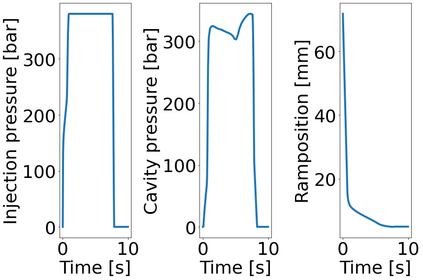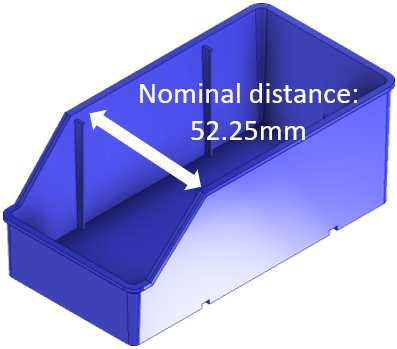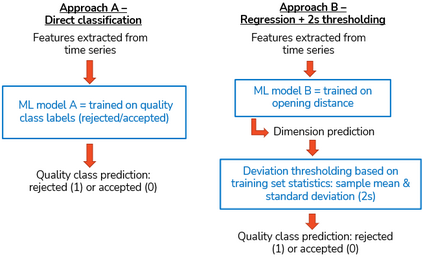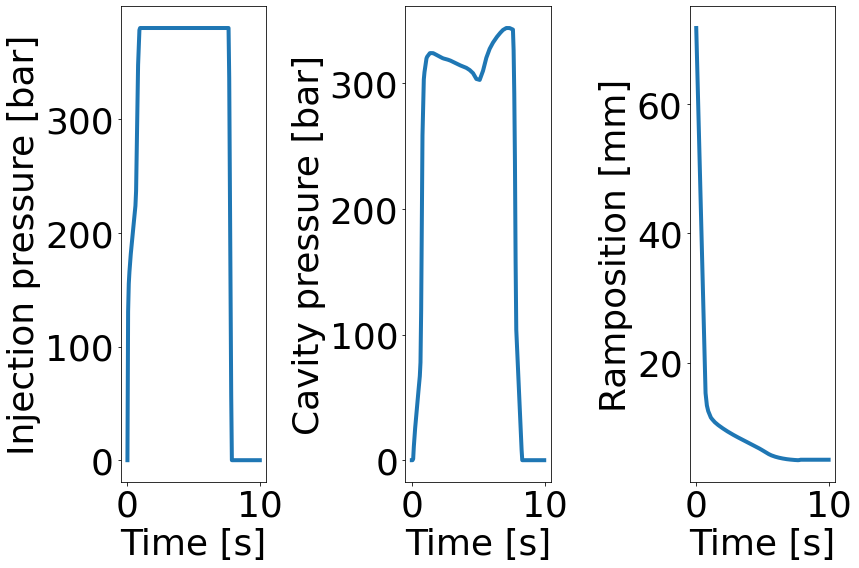Machine learning (ML) may improve and automate quality control (QC) in injection moulding manufacturing. As the labelling of extensive, real-world process data is costly, however, the use of simulated process data may offer a first step towards a successful implementation. In this study, simulated data was used to develop a predictive model for the product quality of an injection moulded sorting container. The achieved accuracy, specificity and sensitivity on the test set was $99.4\%$, $99.7\%$ and $94.7\%$, respectively. This study thus shows the potential of ML towards automated QC in injection moulding and encourages the extension to ML models trained on real-world data.
翻译:机器学习(ML)可改进注射模具制造并实现质量控制自动化(QC) 。但是,由于大量真实世界过程数据的标签成本高昂,使用模拟过程数据可能是成功实施的第一步。在这项研究中,模拟数据被用于开发注射模具分类容器产品质量的预测模型。测试集的准确性、特性和敏感性分别为99.4 美元、99.7 美元和94.7 美元。因此,这项研究表明,ML有可能在注射模具方面实现自动的QC,并鼓励推广到受过真实世界数据培训的ML模型。








